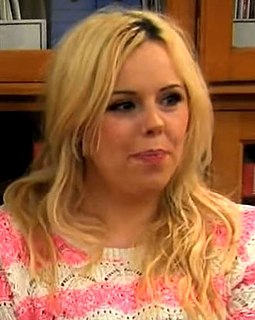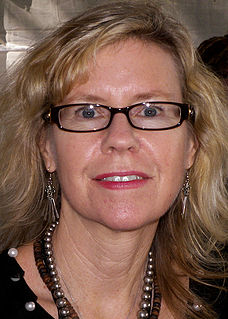A Quote by Evelyn Waugh
I regard writing not as an investigation of character but as an exercise in the use of language, and with this I am obsessed.
Quote Topics
Related Quotes
I am very interested in writers from the Francophone world. I like Kamel Daoud a lot, for example. In "The Meursault Investigation" and "Zabor," he shows a passion for the French language, a very special way of writing that belongs to those who live on the other side of the Mediterranean Sea. It is language that connects us. It allows people there to cling to our history, our culture and sometimes also our values.
I feel like in the reading I did when I was growing up, and also in the way that people talk and tell stories here in the South, they use a lot of figurative language. The stories that I heard when I was growing up, and the stories that I read, taught me to use the kind of language that I do. It's hard for me to work against that when I am writing.
There is something false in this search for a purely feminine writing style. Language, such as it is, is inherited from a masculine society, and it contains many male prejudices. We must rid language of all that. Still, a language is not something created artificially; the proletariat can't use a different language from the bourgeoisie, even if they use it differently, even if from time to time they invent something, technical words or even a kind of worker's slang, which can be very beautiful and very rich. Women can do that as well, enrich their language, clean it up.
Understand and apply this vital principle to your life: Your exercise of faith builds character. Fortified character expands your capacity to exercise greater faith. Thus, your confidence in making correct decisions is enhanced. And the strengthening cycle continues. The more your character is fortified, the more enabled you are to exercise the power of faith for yet stronger character.
I believe that we must use language. If it is used in a feminist perspective, with a feminist sensibility, language will find itself changed in a feminist manner. It will nonetheless be the language. You can't not use this universal instrument; you can't create an artificial language, in my opinion. But naturally, each writer must use it in his/her own way.
There is a narrow class of uses of language where you intend to communicate. Communication refers to an effort to get people to understand what one means. And that, certainly, is one use of language and a social use of it. But I don't think it is the only social use of language. Nor are social uses the only uses of language.


































